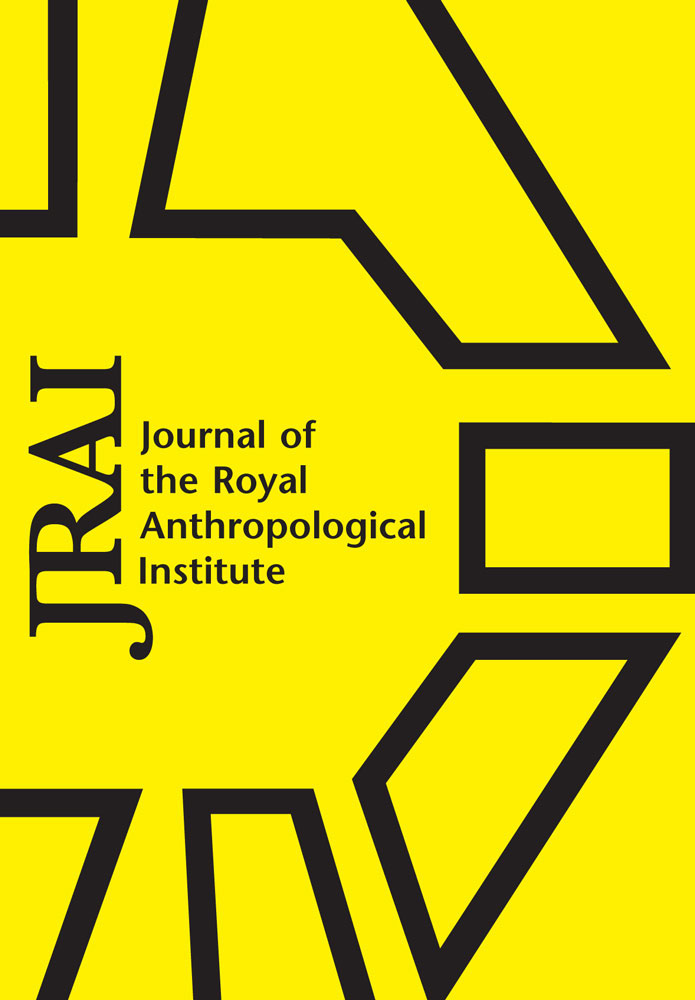This article won the prestigious British Sociological Association’s Climate Change Article Prize in 2015, coming in second overall among the three winning nominations. In 2016, we were invited to reflect further on the topic in a prize-winners’ workshop the BSA’s Climate Change Study Group organised around the winning papers at the University of Nottingham. The article was later republished in a virtual issue of JRAI on ‘The Anthropology of Knowledges.’ Here’s the abstract and link to the article:
Calls for accountability and ‘impactful’ research are fundamentally reshaping the academy, giving rise to a large, critical scholarship on neoliberal regimes of accountability and their pernicious effects. But these calls also animate other institutional forms and practices that have received less critical attention. These include new forms of science that promise accountability through interdisciplinarity, collaborating with stakeholders, and addressing real-world problems. This article considers one example of such accountable science: human dimensions of climate change field research. This research endeavour has produced surprising results, including the uncritical  adoption of controversial Euro-American ideas about traditional Others. In exploring how this has come about, the article considers how theoretical and disciplinary diversity are managed within this arena, and the organizing logics that enable climate sciences and scientists to work together. We ultimately argue that accountable science – like other neoliberal modes of accountability – can produce outcomes for which no one can be held to account.
adoption of controversial Euro-American ideas about traditional Others. In exploring how this has come about, the article considers how theoretical and disciplinary diversity are managed within this arena, and the organizing logics that enable climate sciences and scientists to work together. We ultimately argue that accountable science – like other neoliberal modes of accountability – can produce outcomes for which no one can be held to account.
To read the published version of the article, click here.
Hall, E. F. and T. Sanders 2015. ‘Accountability and the academy: producing knowledge about the human dimensions of climate change.’ Journal of the Royal Anthropological Institute 21(2), 438-461.
